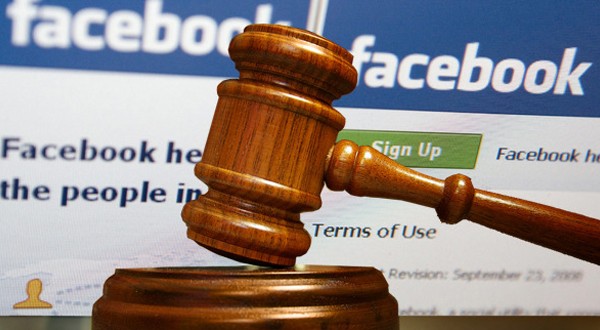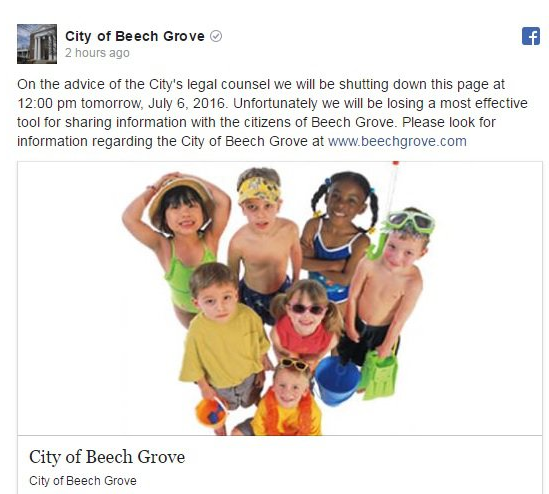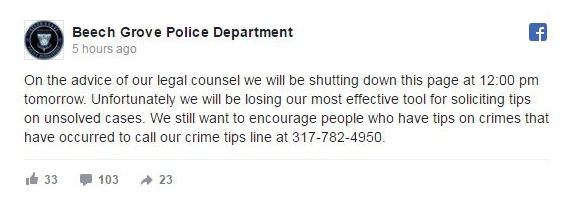I’ve often wondered what the OJ Simpson trial would have looked like had social media been a “thing” at the time – that was an extremely high profile case that would have likely blown up social media.
The two high profile cases that were “firsts” really as far as the boom of social media include the Casey Anthony case, the young woman acquitted in her toddler’s death in 2007 and Scott Peterson, who is currently on death row for the death of his wife and unborn son in 2002. Both trials stuck with me, partly because I kept tabs on both trials, especially the Casey Anthony case, where the public had full view of the search for Caylee, the videos of the conversations between family members, and the day to day trial news.
From a legal perspective, these cases are interesting for another reason – both were influenced by social media, even though it was in its infancy at the time. Thinking back to those trials and looking at how impactful social media has (and will) become in court is fascinating.
In the Casey Anthony case, the defense lawyer hired a jury consultant who monitored social media to gauge perception and, more interestingly, help the lawyer as he presented his case. After the trial was over, it came out that the trial consultant actually monitored the online conversation and encouraged Casey’s lawyer to go easier on his questioning of Casey’s father, George. The online sentiment was negative, and showed that the public felt he was being too harsh on the father. The lawyer listened and changed his game plan. According to Amy Singer, the jury consultant, “Social media was the difference between winning and losing.”
Scott Peterson’s case was a bit different. Social media was still very new, and wasn’t likely used as it was in the Casey Anthony trial. However, on recently watching a show that recapped this case, it came out that there is an appeal set to expire at the end of the year. One of the reasons for the appeal? A juror may have lied during voir dire, which they can claim compromised the trial. If the appeal holds, it will be a major event. Personally, I don’t think it will be an issue, but stranger things have happened. Imagine if social media monitoring were prominent back then – this may have been easily uncovered and given the defense one less reason to try to appeal.
So, how has social media evolved since then?
There is a wealth of information that can be taken from social media, and it is being used more and more by investigators, lawyers, and jury consultants. I’d still consider it in its infancy, but I fully expect this will be commonplace across the board in the next three to five years.
In case you’re having a hard time keeping up, here are some ways social media is being used in the legal industry:
Social media background checks/investigations: used as a source of supporting information, there are now pretty in depth social media background checks available to lawyers and investigators. The name is slightly misleading though – while some providers do only focus on social media, most are starting to provide a variety of content from all public facing online sources. These can be used for a lawyer’s client, a defendant or plaintiff, or anyone tied to a case.
Voir dire: In the Scott Peterson case, having a way to run quick online checks during the jury selection process may have uncovered the juror’s past and immediately made her ineligible to serve as a juror. Some states allow for a list of potential jurors to be available prior to voir dire, and others do not. In either case, social media/online research services are available for this purpose.
Jury monitoring: Keeping jurors from posting to online sites during a trial can be a tricky process. They are given the instructions at the onset of the trial, but how can you ensure they are adhering to it? Using social media monitoring of the individuals sitting on the jury can be beneficial, as can geolocating monitoring. Put a fence around the courthouse, a hotel if the jury is sequestered, and and monitor online content being posted throughout the trial.
Witness/evidence content for trial: People now serve as novice journalists – how often do we see a situation unfold and it’s followed by several witness accounts, posts, and videos? This can be cruical information for a trial or case. By utilizing a service that will scan for mentions of the incident as well as location based monitoring that can go back to a recent time when the incident happened, it may allow lawyers and investigators to find & identify witnesses or obtain details/video that will help immensely.
This is still a new technology as far as the legal/investigative industry is concerned, and the “rules of the game” are still being defined and made into law. However, this cannot be overlooked – the content that you may uncover can be the one thing to help win your case.






